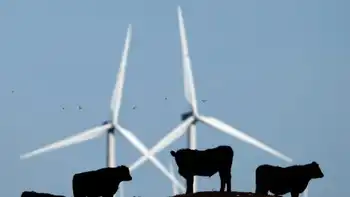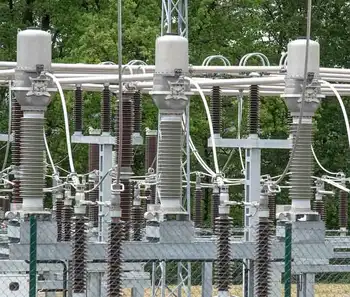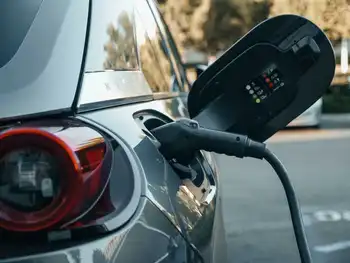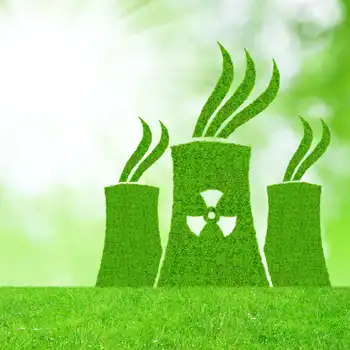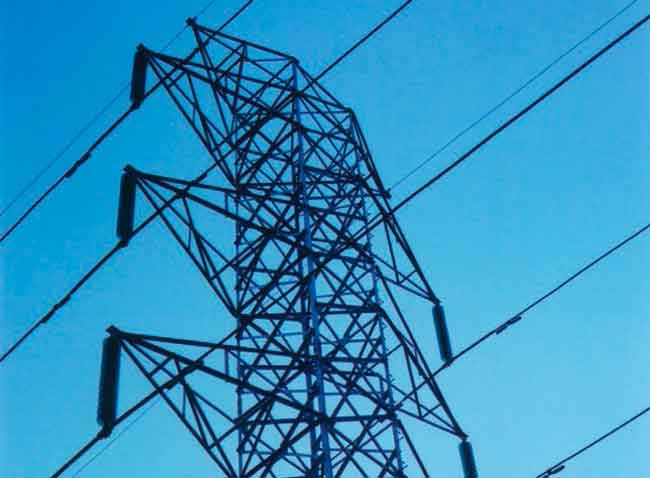FPL has Florida on path to a clean energy future
By Southwest Florida Herald Tribune, Armando J. Olivera, president and CEO of FPL
Substation Relay Protection Training
Our customized live online or in‑person group training can be delivered to your staff at your location.

- Live Online
- 12 hours Instructor-led
- Group Training Available
That explains the strong interest in renewable energy, which is both home-grown and emissions-free. But there are better and worse ways to go about encouraging additional clean energy, and as Floridians we all have a stake in the choices that will be made in Tallahassee on these issues.
FPL Group, the parent company of Florida Power & Light Co., is the nation's leading producer of renewable energy. We're No. 1 in wind power, operating more than 7,000 turbines in 16 states. And we're No. 1 in solar power, operating the largest solar facility in the world in California's Mojave Desert.
We're proud of our industry-leading position on renewable energy, and we're equally proud to be the first company to bring commercial-scale solar power to Florida. When the three solar energy centers we're building are complete, they'll produce emissions-free electricity for more than 35,000 Floridians. Over their lifetimes, the projects will avoid 3.5 million tons of carbon dioxide, which is the annual emissions of 25,000 cars.
At FPL, our commitment to renewable energy is second to none.
But for some in the environmental movement, it's not enough that an energy source is emissions-free if it does not meet their technical definition of renewable. So they have attacked FPL for touting the benefits of nuclear power, which emits no carbon dioxide, even as they support biomass, which emits carbon dioxide, nitrogen oxides and even small amounts of sulfur dioxide, a chief cause of acid rain.
What we need is clarity on the goals we are trying to achieve. If our aim is to reduce carbon dioxide emissions and strengthen our energy security, then we need a "clean energy" standard that welcomes all forms of emissions-free electricity generation, especially nuclear power. To exclude a generation source that produces around-the-clock power with zero carbon emissions defies common sense. Nor should we be unduly concerned about used nuclear fuel. The amounts are small, the storage is safe and most of it could be recycled if the United States allowed reprocessing as other countries do.
Likewise, we should embrace the gains to be had from making existing power plants more efficient and from encouraging greater energy conservation.
I know these are difficult words for some of my friends in the environmental community, and I don't expect them to agree with me. But I do hope they will recognize that achieving carbon dioxide reductions through renewable energy alone is going to take far longer, and cost the typical FPL customer far more, than if we accept the contribution that nuclear power and energy efficiency have to make.
I do not say this because FPL has any reluctance about meeting an aggressive target for renewable energy production. I say this because as a matter of sound public policy, we should pursue our carbon reduction and energy security goals in a way that imposes the smallest possible economic burden on Floridians. At a time of high fossil fuel costs and economic hardship, we can ill-afford to let our passion for energy that is renewable blind us to the merits of energy that is clean.
Should the renewable energy we consume in Florida be produced in Florida? Ideally, yes. But if a rule is handed down that allows utilities to satisfy their obligation by purchasing "renewable energy credits," we think they should buy their renewable energy where it is the least costly and most efficient to produce.
Requiring companies to buy renewable power within their own states would only saddle customers with higher costs. It's the equivalent of requiring grocery stores in Maine to buy oranges grown in Maine instead of Florida.
FPL is a clean energy company with a low emissions profile and a strong commitment to addressing the challenges of energy security and climate change. We simply want to do so in a way that does not saddle our customers with unnecessary costs.





